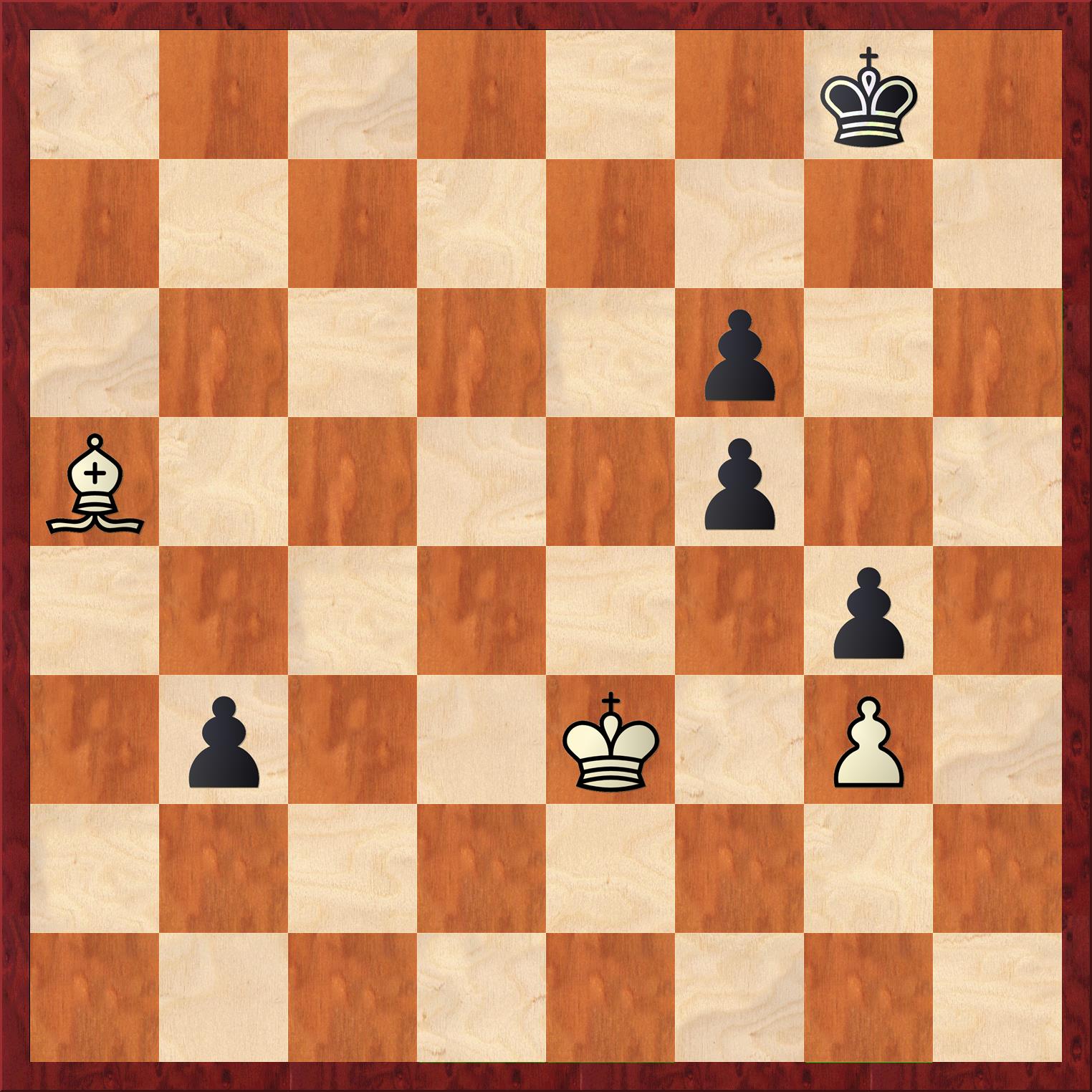|
Cheating allegations have been made in chess tournaments for many years. With the advent of technology, the transfer of data is much easier allowing cell phones to become "weapons of mass destruction" in tournaments.
In the 3rd round of the 37th Chess Olympiad in Turin, Italy, Jamaica faced a highly-fancied Finland team boasting two Grandmasters and two International Masters. The match was deadlocked at 1-1 when both Shane Matthews and Tomi Nybäck were gripped in a fierce battle. Matthews had sacrificed a piece but failed to get adequate counterplay. However, with time pressure in full tilt, Nybäck reached the position on the right.
Nybäck allegedly picked up the king on e3 and with all intensions of moving it to the f4-square. Of course. 47…b2 would win for Matthews since he would gain a new queen. Matthews demanded that he move the piece and Nybäck claimed to be "adjusting" the piece. Immediately Matthews went to the arbiter and complained.
Another arbiter was summoned and after the two deliberated, the higher-ranking arbiter upheld Nybäck's claim and told the players to carry on. Matthews later told The Chess Drum in an interview that he was so distraught that he refused to play another move and allowed his clock to run down. Matthews signed the sheets and when the Jamaican captain Wheeler went to Chief Arbiter Geurt Gijssen, he said that Matthews had signed the sheets and in doing so had agreed with the result.
Questions that have arisen are:
Would someone adjust a piece by picking it up and placing it on or over another square? Why would a piece need adjusting after having been on the same square for the past three moves? Did the DGT board register the initial move? Why would Matthews tell Nybäck that he must move the piece if in fact Nybäck said "j'adoube?" Why would the arbiter not admit the witness testimony?
The Jamaica captain has launched a formal complaint and the ruling is due tonight.
|
|


.jpg)